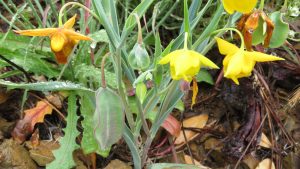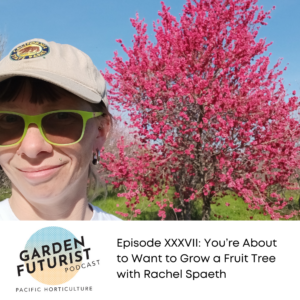

Contributor
- Topics: Archive, Growing for Biodiversity, Plants You Need
A lightly fragrant Vireya rhododendron, A429, raised by Carl Deul, whose photographs illustrate this article.
There are a great many rhododendrons and to understand them better the huge genus is divided into sections; one of these is section Vireya. Rhododendrons in this section are called Malaysians because many come from the Malay peninsula and adjacent islands. However, others of the section Vireya are found further afield and the name Malesian was coined to embrace the Malay peninsula and the Polynesian islands. However, some members of section Vireya are found beyond even this area and it is clear that geographic appellations can mislead. Furthermore vireyas is shorter.
Vireya rhododendrons are too lovely to lose. Native to mountainous jungles of the Malay-Indonesian archipelago, they have a dark history and have been almost lost to plant lovers since World War I. From the 1800s until recent times, the supply of vireyas, also called Malaysians and Malesians, has been interrupted by war, theft, economic hard times and politics — not to mention the perils of collecting them where climate and terrain are i...
READ THE WHOLE STORY
Join now to access new headline articles, archives back to 1977, and so much more.
Enjoy this article for FREE:
Articles: Calochortophilia: A Californian’s Love Affair with a Genus by Katherine Renz
If you are already a member, please log in using the form below.
Share:
Social Media
Garden Futurist Podcast
Most Popular
Videos
Topics
Related Posts
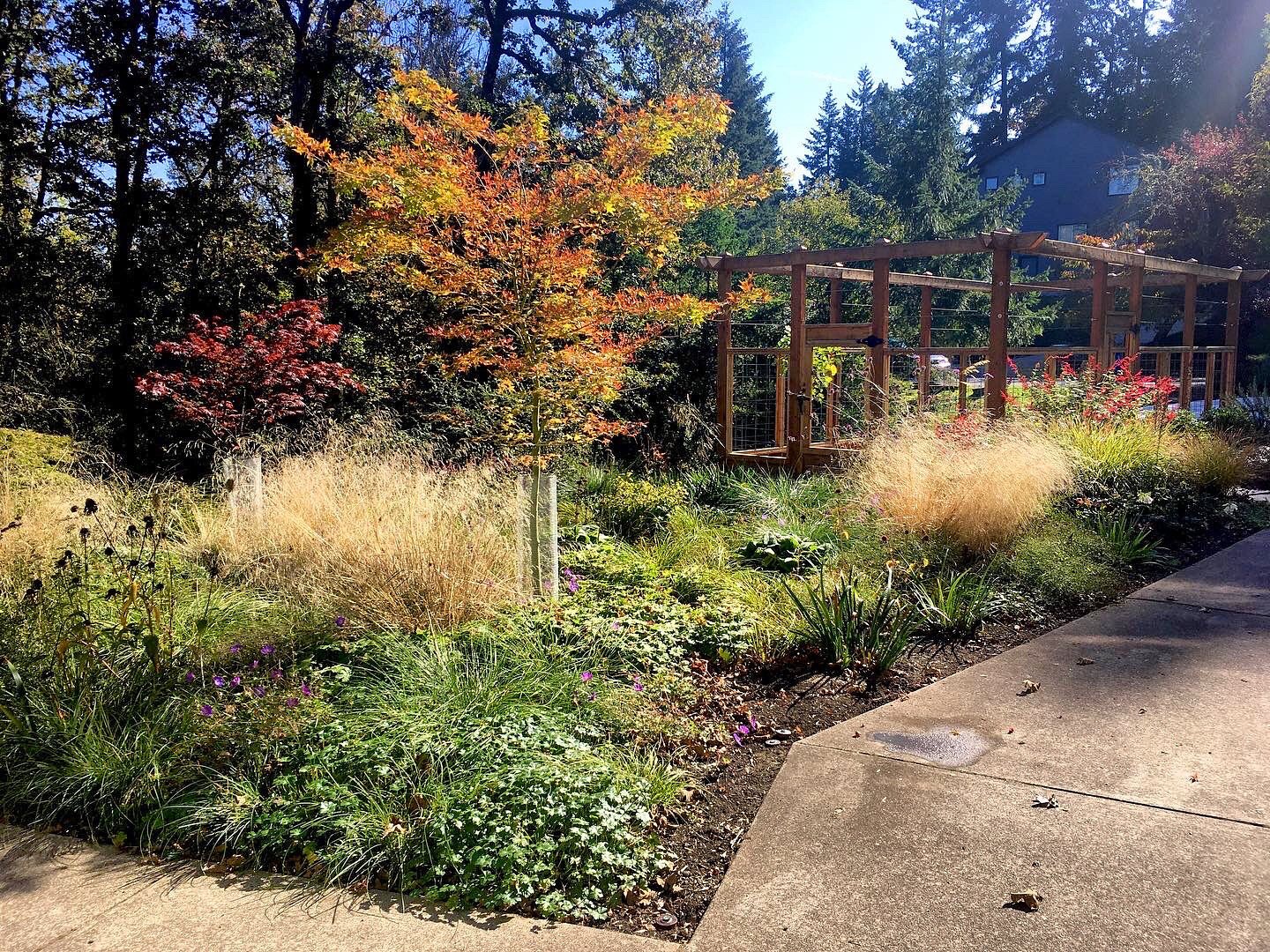
Low Maintenance Gardens – Better for Pollinators and People
Autumn 2022 “I come out every day. It’s therapy, my meditation.” Janet’s young garden transformed from overgrown, invasive plants to mostly natives. The dailiness of
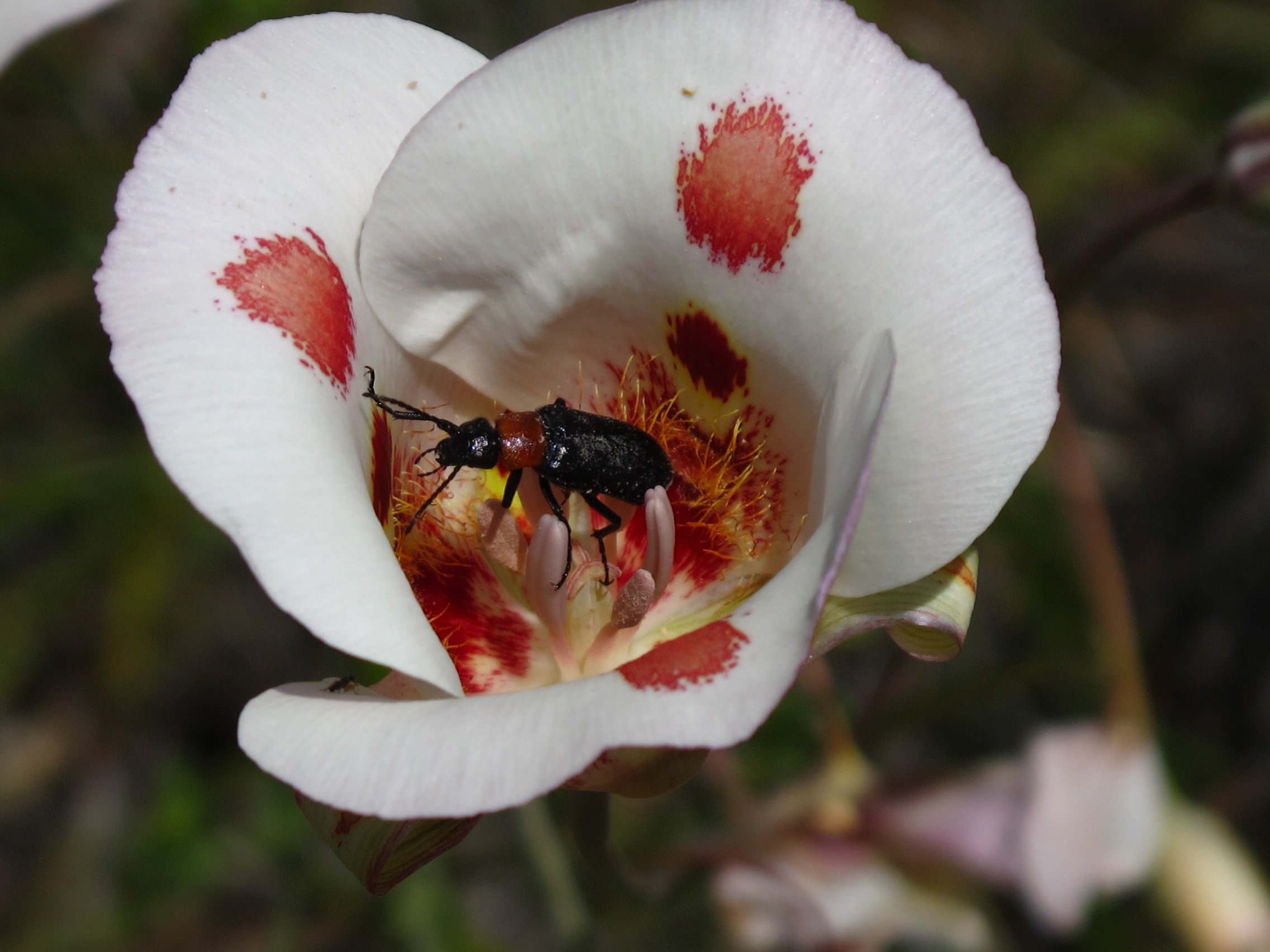
Calochortophilia: A Californian’s Love Affair with a Genus
Summer 2022 I can chart the progression of my life by Calochortus. For the last two decades, at least. As a teenage girl growing up
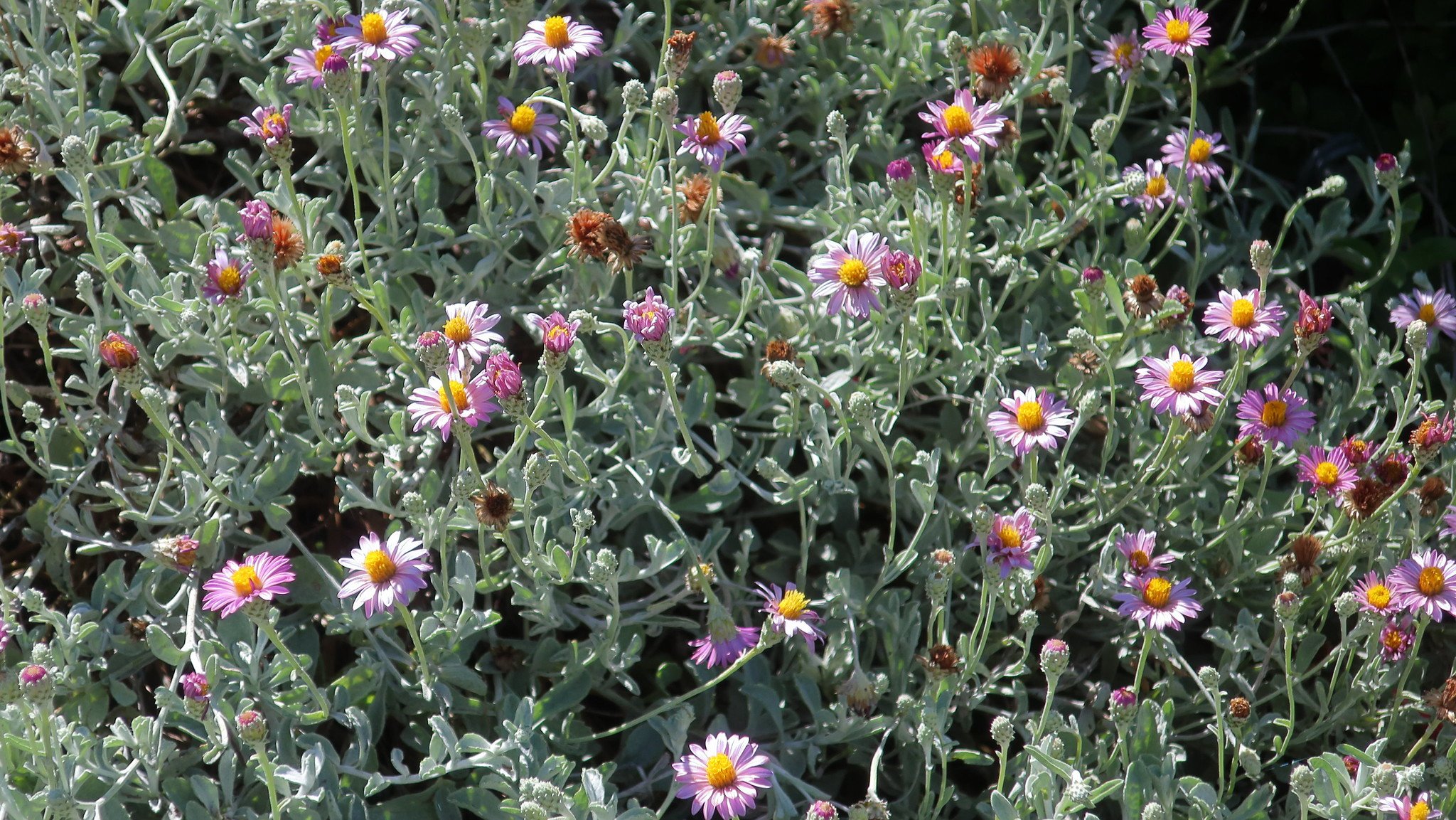
Pacific Plant People: Carol Bornstein
Spring 2022 Public gardens play a key role in demonstrating naturalistic planting design, selecting native and adapted plants for habitat, and testing techniques for reducing
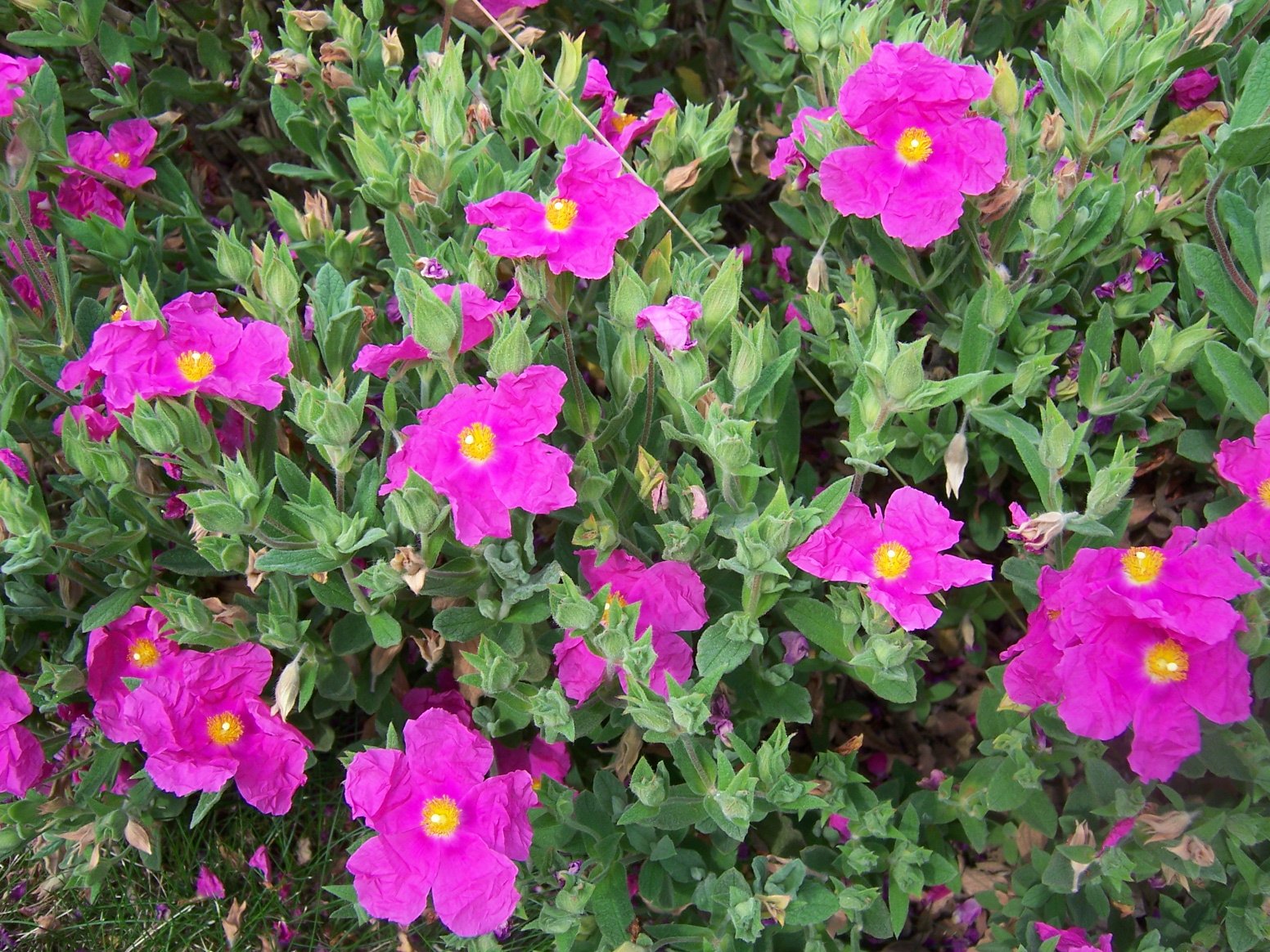
Add Year-Round Interest and Winter Blooms for Pollinators
Spring 2022 This article was created from an Interview by Merrill Jensen with Neil Bell in the Summer of 2021 for our Pacific Plant People

